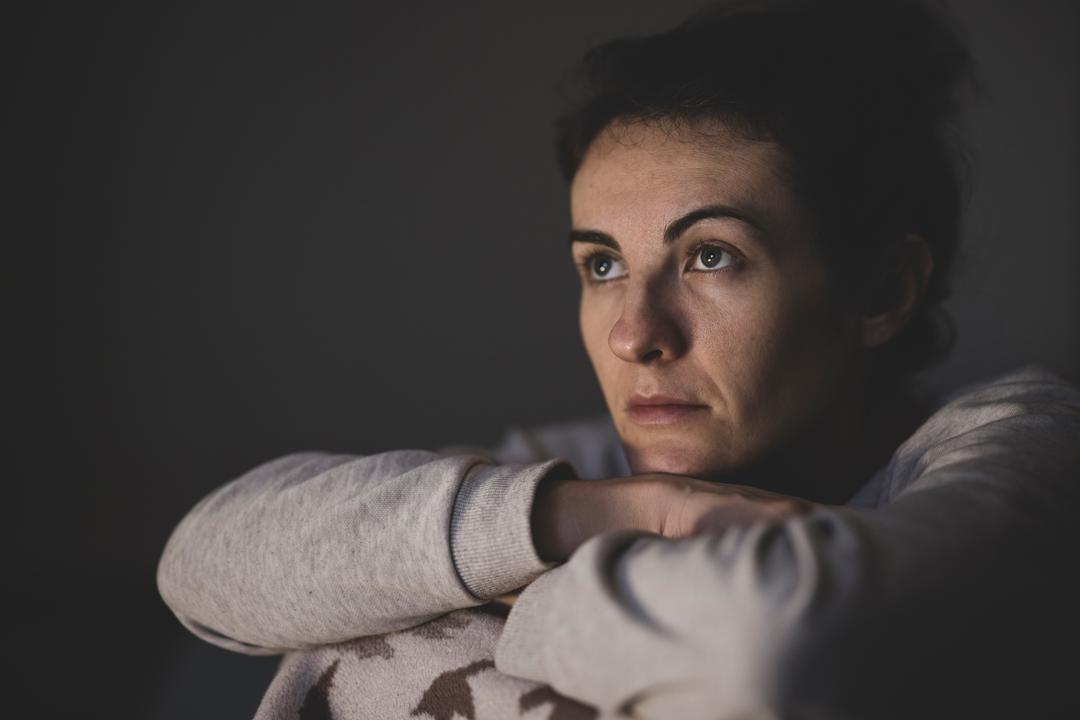The Sleep-Stress Link: Managing Anxiety for Better Rest
Imagine this: it’s late at night, you’re lying in bed, exhausted from a long day, but your mind just won’t shut off. Thoughts race through your head, worries and anxieties keeping you awake. You’re not alone. Many people struggle with poor sleep and constantly feeling tired, and the culprit may be closer than you think: stress.
Understanding the Sleep-Stress Link
Stress and sleep problems go hand in hand. When we’re stressed, our bodies release cortisol, a hormone that keeps us alert and ready for action. This can make it difficult to fall asleep and stay asleep throughout the night. Additionally, stress can lead to racing thoughts and increased anxiety, further disrupting our sleep patterns. It’s a vicious cycle that can leave us feeling exhausted and overwhelmed.
Research has shown that chronic stress can have a significant impact on our sleep quality. Studies have found that individuals with high levels of stress are more likely to experience insomnia, difficulty falling asleep, and waking up frequently during the night. It’s clear that managing anxiety is crucial for better sleep.
Identifying the Signs of Sleep-Related Anxiety
So, how do you know if you’re experiencing sleep-related anxiety? Common symptoms include difficulty falling asleep, waking up frequently during the night, feeling restless, or experiencing racing thoughts when you’re trying to sleep. If any of these sound familiar, you may be dealing with sleep-related anxiety.
Let me share a personal anecdote. For years, I struggled with falling asleep. My mind would race, going over every detail of the day and worrying about what tomorrow would bring. It wasn’t until I recognized these symptoms as sleep-related anxiety that I was able to take steps towards better rest.
Strategies for Managing Anxiety to Improve Sleep
Now that we’ve identified the problem, let’s explore some strategies for managing anxiety to improve sleep. One effective technique is relaxation exercises. Deep breathing, progressive muscle relaxation, and guided imagery can all help calm the mind and prepare the body for sleep. Incorporating these exercises into your bedtime routine can make a significant difference.
Mindfulness meditation is another powerful tool for reducing anxiety and promoting better sleep. By focusing on the present moment and letting go of worries, you can create a sense of calmness that carries over into your sleep. Apps and guided meditation resources can be helpful in getting started with this practice.
Cognitive-behavioral therapy (CBT) is a widely recognized treatment for anxiety and insomnia. It focuses on identifying and challenging negative thought patterns that contribute to anxiety, helping individuals develop healthier beliefs and behaviors. CBT can be done individually with a therapist or through online resources.
Lifestyle Changes for Better Sleep and Reduced Stress
While managing anxiety is crucial, it’s also important to address lifestyle factors that can contribute to poor sleep and increased stress. Regular exercise has been shown to reduce anxiety and improve sleep quality. Aim for at least 30 minutes of moderate-intensity exercise most days of the week. Whether it’s a brisk walk, a yoga class, or dancing to your favorite music, find an activity that you enjoy and make it a priority.
Diet also plays a role in our sleep and stress levels. Avoiding caffeine and heavy meals close to bedtime can help promote better sleep. Instead, opt for foods rich in tryptophan, an amino acid that helps produce serotonin, a neurotransmitter that promotes relaxation and sleep. Foods like turkey, chicken, nuts, and seeds are all good sources of tryptophan.
In addition to exercise and diet, establishing a consistent sleep routine can work wonders for managing anxiety and improving sleep. Going to bed and waking up at the same time every day, even on weekends, helps regulate your body’s internal clock and promotes better sleep quality. Create a relaxing bedtime routine that includes activities like reading, taking a warm bath, or listening to calming music.
Seeking Professional Help
If your sleep-related anxiety persists despite your best efforts, don’t hesitate to seek professional help. A healthcare provider or mental health professional can provide guidance and support tailored to your specific needs. They may recommend additional treatments or therapies, such as medication or specialized counseling techniques, to help you overcome your sleep struggles.
Taking Action for Better Sleep and Reduced Anxiety
In conclusion, managing anxiety is key to improving sleep quality and reducing fatigue. By understanding the sleep-stress link, identifying the signs of sleep-related anxiety, and implementing strategies like relaxation exercises, mindfulness meditation, and cognitive-behavioral therapy, you can take control of your sleep and overall well-being. Remember to also prioritize lifestyle changes, such as regular exercise, a balanced diet, and a consistent sleep routine. And if needed, don’t hesitate to seek professional help. Better rest and reduced anxiety are within your reach, so take action today!
